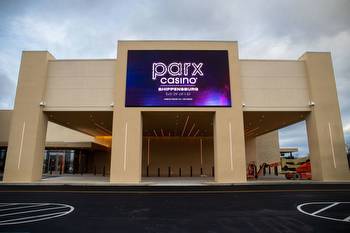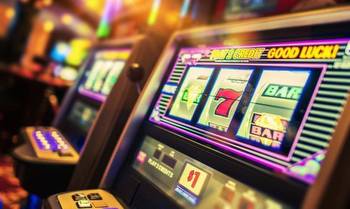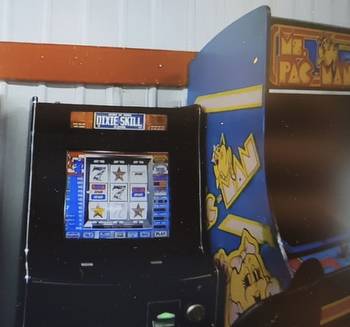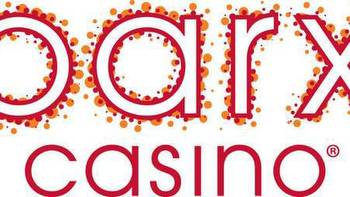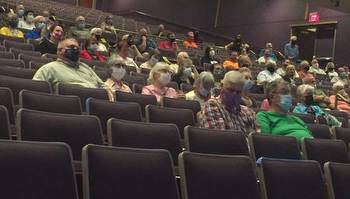Shippensburg University receives state grant to educate students on gambling addiction risk
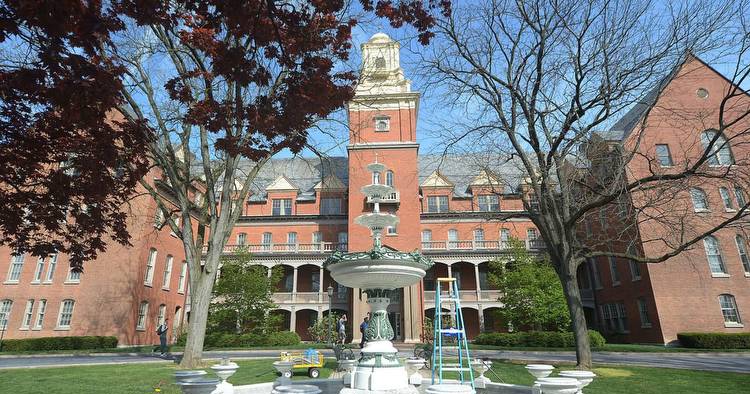
Shippensburg University will receive a state grant to educate its students on the risk of developing a gambling addiction.
The Pennsylvania Gaming Control Board recently approved a $42,532 anti-gambling grant that the university plans to use to enhance its programs, board spokesman Doug Harbach said.
In January, the gaming board approved licenses for a Parx Casino branch to be located in the former Lowe’s Building, 250 Conestoga Drive, Shippensburg Township, just two miles from the Shippensburg University campus.
“We want to create a gambling task force that will assess the programming we provide and revise our Student Code of Conduct to include illegal gambling,” University spokeswoman Megan Silverstrim said.
According to CollegeGambling.org, 75% of college students have gambled in the last year, but only 22% of colleges and universities have policies around gambling, she said. “Most do not have educational or deterrence program, despite the prevalence of gambling in students.”
The state grant will be managed by the university police department and the dean of students, Silverstrim said. “It will support a gambling addiction and illegal gambling education campaign for the campus and broader community to include videos, social media and posters.”
Money from the grant will fund a graduate assistant who will coordinate education programs about gambling addiction and illegal gambling, she said. The grant will also allow the creation of web content along with educational materials and resources.
The most recent research estimates that 6% of college students in the U.S. have a serious gambling problem that can result in psychological difficulties, unmanageable debt and failing grades, according to information posted on CollegeGambling.org. Research has shown that teenagers and college-aged adults are more impulsive and at higher risk for developing gambling disorders than adults.
“Gambling opportunities, once only available in a few states, have proliferated nationwide during the past 30 years with the expansion of lotteries, casinos and internet gambling,” the website reports. “Therefore, today’s college students are exposed to not only drinking and drug use but also gambling, both on campus and in the surrounding community.”
Cumberland County grant
In related action, the Gambling Control Board recently awarded a $143,429 grant to the Cumberland County District Attorney’s office to investigate illegal gaming. Earlier this month, District Attorney's Office Det. Aaron Lewis briefed the county commissioners on the details of the grant application.
The grant will fund his position as detective along with 50% of the salary and benefits of an assistant district attorney, Lewis said. “We have had this grant for two years. What we are focusing on are these games of skill [machines] you see in convenience stores and different locations.”
In 2021, county investigators removed 24 game machines and about $50,000 in cash from two locations, Lewis said. “We have criminal charges pending against one of the store owners and the other one is in civil litigation right now. We have identified nearly 60 retail locations with about 250 machines in the county and that’s not counting the bars and pubs. This grant would permit us to continue this work.”
“That’s a pretty widespread violation,” Commissioner Gary Eichelberger said.
Lewis said game machines are a problem nationwide, not just in Pennsylvania. “They are not monitored by anybody,” he said. “There is no tax being paid. There is no revenue being gained to any governmental agency. Businesses continue to operate these machines without any repercussions. They put them in retail locations that sell lottery tickets.”
Harbach said the gambling board is in the midst of litigation with Pennsylvania Skill Games over whether the machines are legal.
“So, we’re not commenting on the games themselves,” Harbach said. The grant program can be used for identification, prevention and prosecution of illegal gaming activities, he said.













